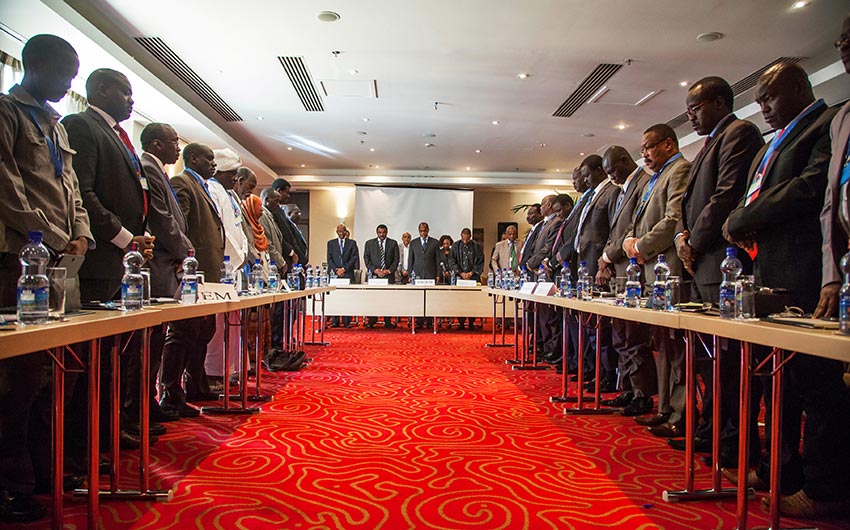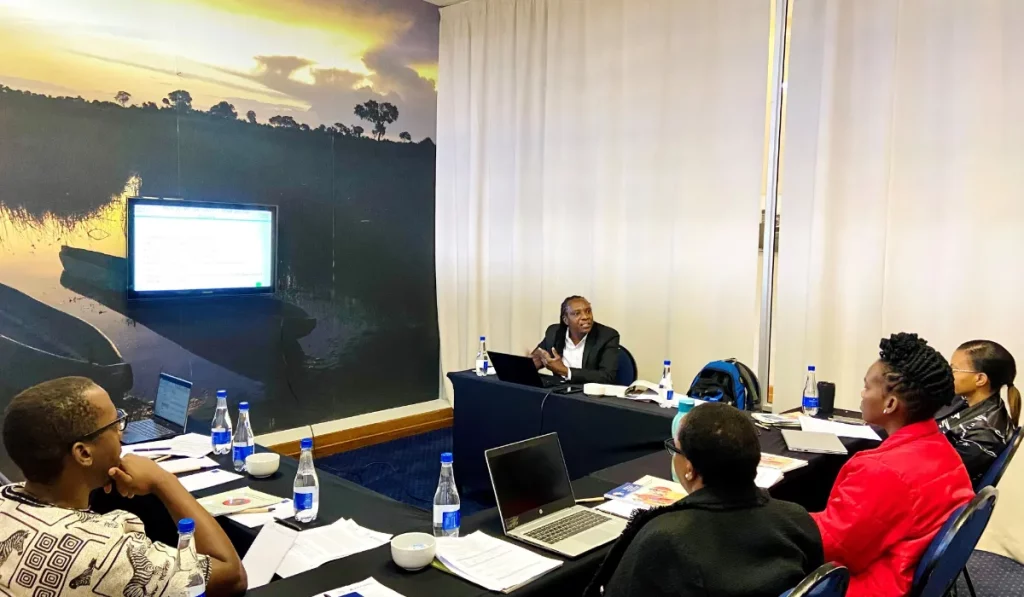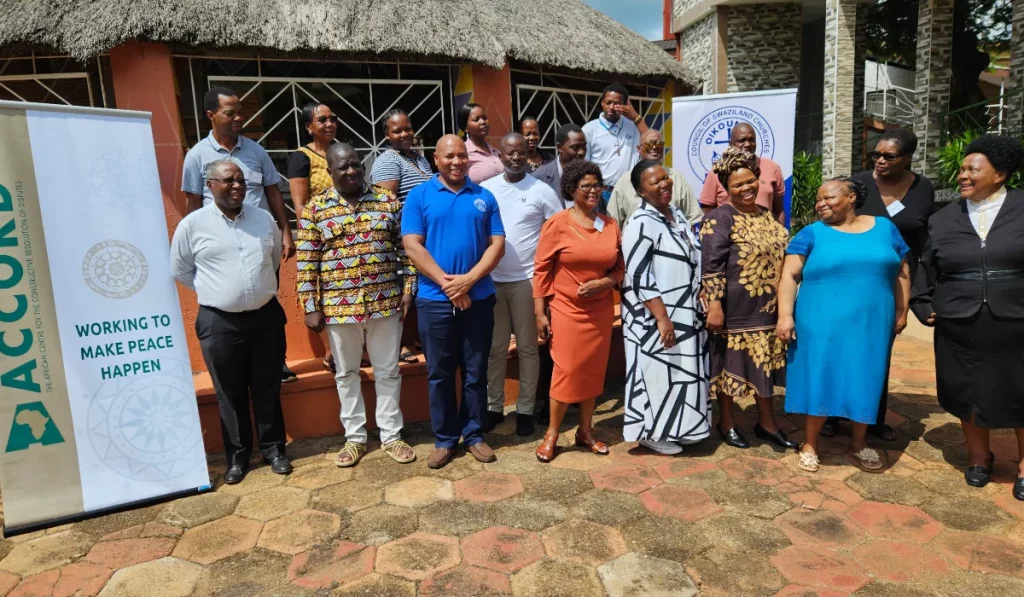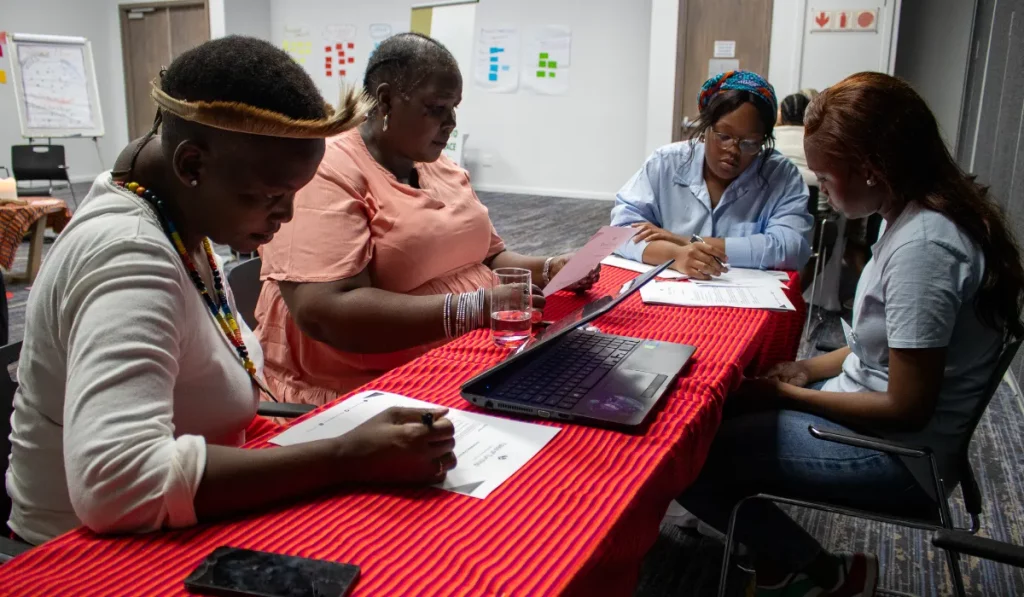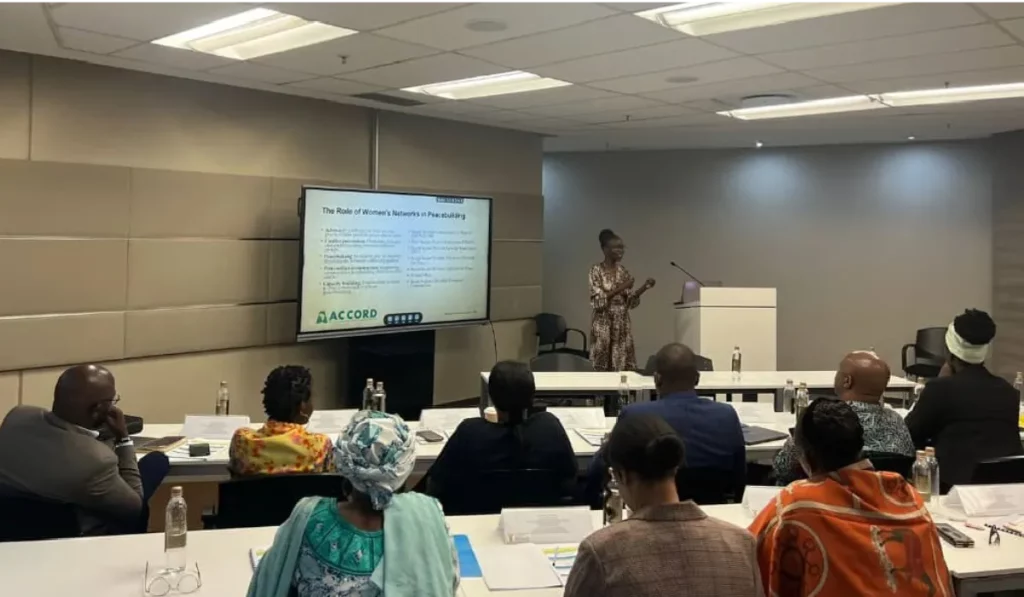The African continent has been inundated by security and many other types of challenges especially in the post-colonial decades and through the African Union (AU) and regional organisations, member states and stakeholders have been working hard to develop appropriate strategic responses, mechanisms and tools to confront the attendant challenges. For issues relating to peace and security, the Peace and Security Division (PSD) is the department within the African Union Commission (AUC) that is mandated to take to take corrective action. Within the PSD division, it is the Peace Support Operations Division (PSOD) that responds to Peace Support Operations (PSOs) matters.
Over the past twenty years conflict challenges have been gradually increasing and accordingly so have been the PSOD’s efforts to address them. The establishment of the African Standby Force (ASF) continent-wide is one notable effort at containing such conflict related problems. On a continent that has a diverse doctrinal background among its security structures, interoperability does not come easy. As such, the ASF has encountered many problems both during training and in the field. To overcome this phenomenon, the PSOD has been busy putting together policies, guidelines, agreements, frameworks and mechanisms to help bring together regional peace and security tools to that it can use to respond to peace and security challenges.
The dynamics of the peace and security theatre are fluid and forever changing necessitating those in this field to be proactive, flexible and adaptive. Accordingly, PSOD has had to learn while developing. Since peace and security challenges are not unique to Africa, the continent has received significant material, academic and empirical support from other continents. Africa has also built a huge body of empirical knowledge from its own field engagements but sadly not much has been recorded and catalogued. Those records that exist have not been professionally and systematically captured to enable and facilitate easy access and learning from documented experiences. This is vital in order to allow for sustainable and informed practice and the maintenance of institutional memory, so that lessons learnt can be used to refine implementation.
Taking the aforementioned into consideration the AU, in partnership with NUPI, organised a Lessons Learned Workshop whose aim was to help and guide the PSOD in its efforts to develop a systematic way of capturing and documenting experiences internally within the ASF and externally from other organisations. The workshop therefore sought to facilitate the development of Lessons Learned Guidelines that the PSOD and other African Peace and Security Architecture (APSA) stakeholders will be able to use in this regard.
Since the focus of the PSOD is PSOs, the stakeholders that came to the workshop were only those involved in peacekeeping or similar operations. The workshop was further attend by TfP partners (ACCORD AND ISS) and African Governance Architecture (AGA) participants who came from the United Nation Department of Peacekeeping Operations (DPKO), the North Atlantic Treaty Organisation (NATO) and Organisation for Security and Co-operation in Europe (OSCE). Presentations were given by the invited stakeholders to enable the PSOD and its partners to consolidate the information gathered and develop the guidelines that will inform future operations. The draft guidelines arising from the workshop will be developed and circulated among stakeholders for verification and subsequent adoption by the PSD.
The Training for Peace Programme at ACCORD is an initiative funded by the Norwegian Ministry of Foreign Affairs.

